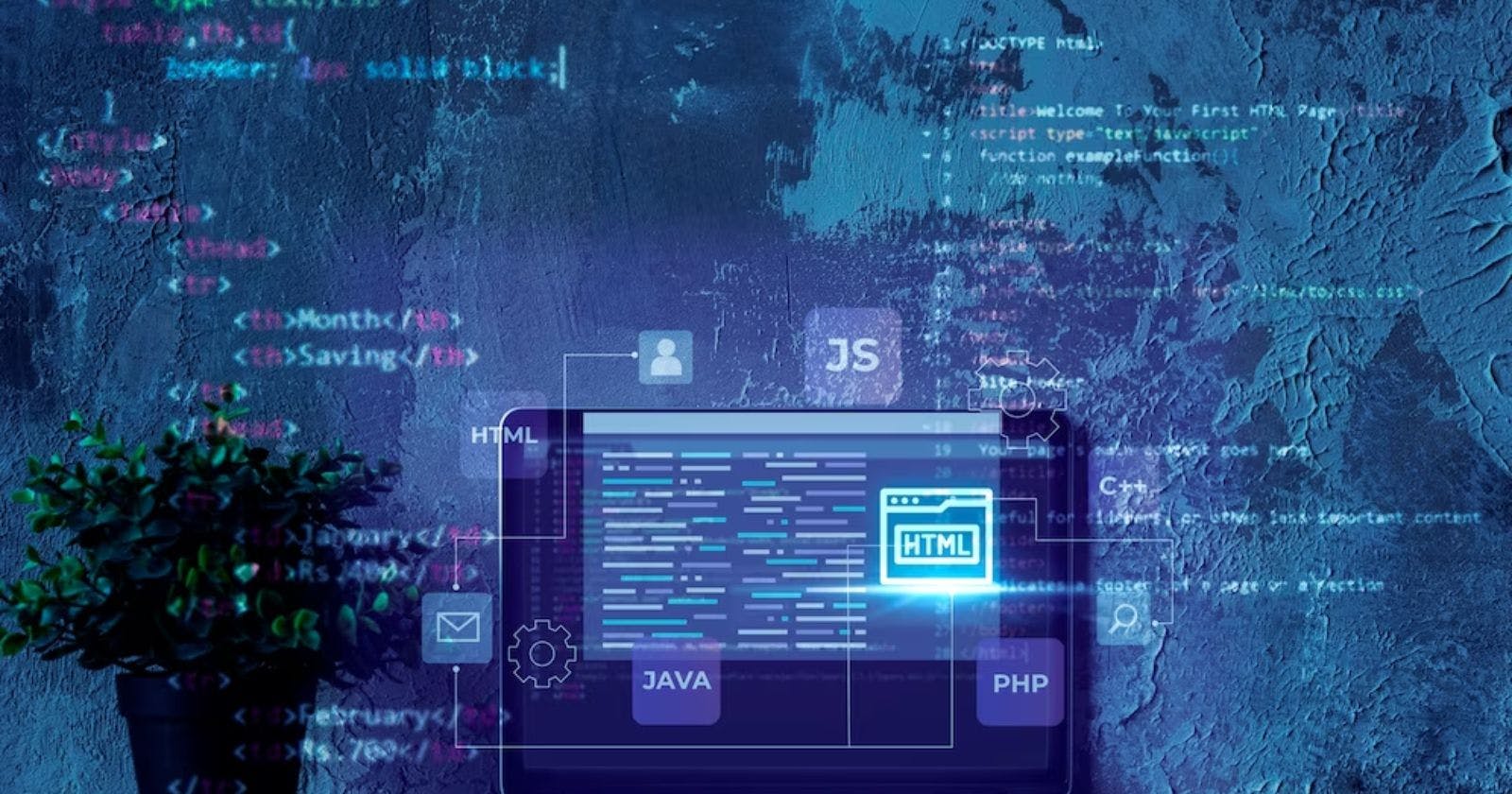Software development comes with great power and responsibility. The code we write as developers can have profound impacts on individuals, organizations, and society as a whole. With this power comes an ethical obligation to build software responsibly and conscientiously. In this article, we'll explore key ethical considerations for software developers.
Why Ethics Matter in Software Development
With software integrated into nearly every aspect of modern life, the importance of ethics in development cannot be overstated. Here are some key reasons why ethics should be top priority:
Software affects lives - Software influences how we communicate, shop, bank, learn, drive, receive healthcare and more. Bugs and vulnerabilities can harm individuals.
Risk of misuse - Software may be used in ways developers didn't intend, sometimes unethically. Facial recognition and data collection carry risks.
Trust - Users must be able to trust that software works properly, securely and as advertised. Breaches erode confidence.
Creation over consumption - Development gives the ability to shape worlds and realities. With it comes duty to ensure software has positive impacts.
Overall, considering ethics helps build software that improves lives, gains user trust and avoids harm.
Key Ethical Areas for Software Developers
Here are some major ethical considerations developers should keep in mind:
User Privacy and Security
Collect only essential user data. Avoid recording excess or extraneous information.
Inform users clearly on what data is gathered and why. Provide transparent privacy policies.
Implement robust security protections for user data like encryption and access controls.
Follow best practices like least-privilege access to prevent unauthorized access.
Delete user data completely when no longer needed. Plan for data disposal.
Algorithmic Bias
Review algorithms and data for embedded biases based on race, gender, age or ethnicity.
Ensure equal and fair treatment for all user groups. Audit systems for discrimination.
Use diverse data sets that capture underrepresented populations adequately.
Consult external ethics advisers to assess and prevent bias risks.
Societal Impacts
Consider broader societal consequences - intended and unintended - of software systems.
Avoid building software that reduces transparency or threatens open society.
Do not implement harmful practices like addiction maximization or predatory microtransactions.
Refuse to build systems that harm human rights or reinforce injustice.
Professional Integrity
Maintain high personal integrity. Do not compromise ethics under management pressure.
Report unethical requests transparently through proper channels.
Prioritize user benefit over business metrics like engagement and revenue.
Advocate for ethical practices and policies at your company. Foster an ethical culture.
Develop a code of ethics for your team. Make ethics a shared responsibility.
Making Ethical Decisions in Software Development
Making ethical choices is not always straightforward. Here are some steps developers can take to evaluate the ethics of software projects:
Identify Impacts
Analyze how the software will be used and who it will affect directly and indirectly.
Talk to users to understand their needs and challenges.
Research related systems and impacts. Look for potential issues.
Weigh Trade-Offs
Consider benefits and risks not just for users but society as a whole.
Balance virtues like justice, trust and transparency against harms.
Determine which stakeholders gain and which lose in each trade-off.
Evaluate Alternatives
Explore other technical and process options that can fulfill the intent.
Determine if the software is even necessary to achieve the stated aims.
Consider open sourcing as an alternative. Be suspicious of secrecy.
Consult with Experts
Discuss ethical dilemmas with colleagues, especially those who may be affected.
Talk to external experts like ethicists who can provide guidance on impacts.
Bring in diverse perspectives to challenge assumptions.
Listen to Your Gut
Pay attention to that nagging feeling that something is not right. It often points to ethical issues.
Trust your instincts. If an option seems unethical, don't ignore your judgment.
Have courage to respectfully challenge team decisions that seem unethical.
Document Trade-Offs
Record the process and reasons behind ethical choices made, including objections raised.
Strive for transparency on trade-offs so choices can be revisited later if needed.
Create an ethics log for the team to facilitate discussion and learning.
By systematically working through ethical analysis, teams can make more responsible software decisions.
Promoting Ethics in Software Development
Fostering ethical software development requires both individual and institutional commitment. Here are some ways we can promote ethics in the field:
Include software ethics in college CS curriculums and professional training.
Develop organizational policies and codes of ethics for moral guidance.
Have ethics committees conduct impact reviews of development projects.
Establish secure channels for workers to report ethical concerns.
Reward engineers who take ethical stands despite pressure.
Publish external ethics reports detailing analysis behind software decisions.
Define software engineering codes of ethics through societies like the ACM.
Build diverse teams with members of different backgrounds and viewpoints.
Expand open source development to promote transparency.
Create licensing terms that prevent unethical use of software APIs.
The stakes are high, but together we can build an ethical foundation for software to positively impact the world. I encourage all developers to keep ethics central to their work. Small mindset shifts can make huge differences. What ethical practices do you follow in your development process? Please share your perspectives below!

